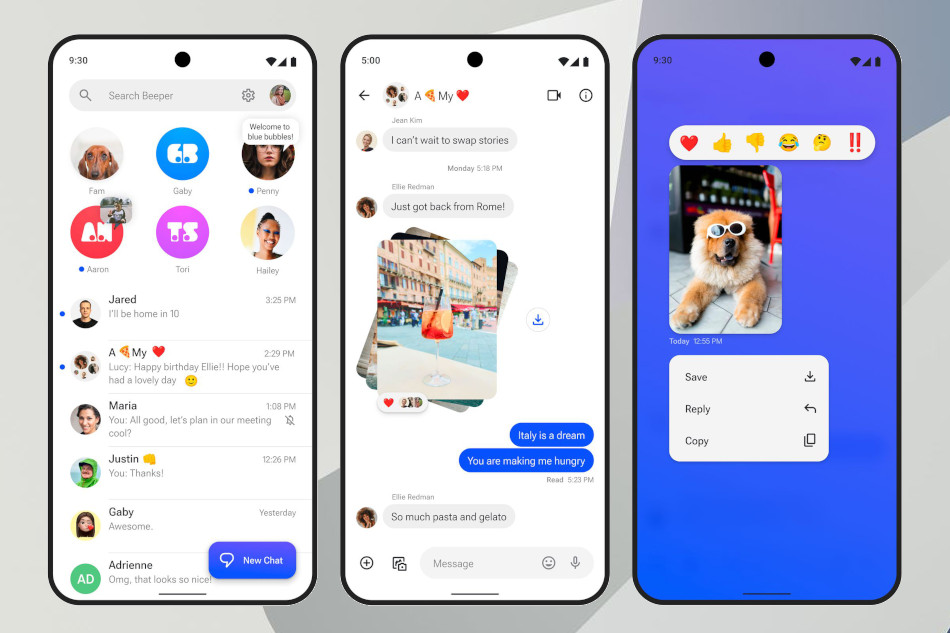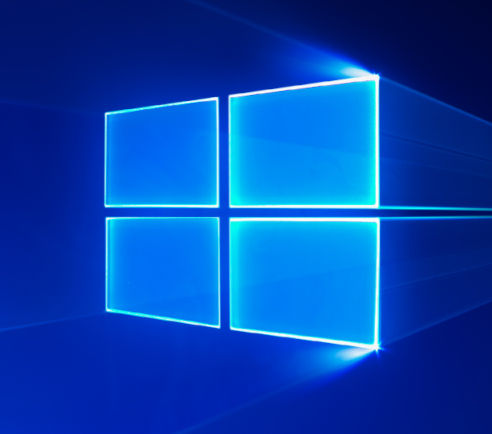
Beeper Mini: Senators and Representatives Urge Antitrust Investigation Into Apple's Actions
A Closer Look at Apple's Alleged Anticompetitive Conduct
NEWS Apple December 19, 2023 Reading time: 2 Minute(s)
In a joint effort, Senators Amy Klobuchar and Mike Lee, along with Representatives Jerry Nadler and Ken Buck, have raised concerns over Apple's recent actions against Beeper Mini, prompting a letter to Assistant Attorney General Jonathan Kanter. The letter calls for an investigation into whether Apple's disabling of Beeper Mini constitutes anticompetitive behavior, potentially violating antitrust laws.
The backdrop of the dispute revolves around Beeper Mini's alleged reduction of Apple's iMessage "leverage" over iPhone users, leading to Apple's decision to shut down the service. The letter emphasizes the importance of interoperability and interconnection in fostering competition and consumer choice in communication services. The concerns expressed by the lawmakers extend beyond the immediate impact on Beeper Mini, highlighting the potential harm to competition, consumer choices, and the discouragement of future innovation and investment in interoperable messaging services. The fear is that such actions by dominant firms may create a chilling effect on competition, stifling investment and innovation from those seeking to challenge existing digital gatekeepers.
Apple's justification for shutting down Beeper Mini revolves around user security and privacy risks, citing potential metadata exposure, unwanted messages, spam, and phishing attacks. Beeper Mini's developers had initially touted the app's encryption for Android to iPhone communications. However, it was revealed that the app utilized a reverse-engineered version of iMessage, raising security concerns as it registered Android phone numbers as Apple device owners.
Despite Apple's move to disable Beeper Mini, the developers quickly devised a workaround. The updated version of the app, now requiring an Apple ID and functioning only with email addresses, continues to experience outages as Apple adjusts its iMessage service. Beeper CEO Eric Migicovsky, in a CBS News interview, emphasized the app's commitment to providing a secure service for Android users while criticizing Apple's iMessage monopoly.
While Apple faces scrutiny over its handling of Beeper Mini, the pressure may ease with the adoption of Rich Communication Services (RCS) in 2024. RCS, set to be used for chats between iPhone and Android users, promises features comparable to iMessage, including high-quality video and images, emoji reactions, typing indicators, and read receipts. However, encryption for iPhone to Android chats will be absent until Apple collaborates with the GSM Association to implement end-to-end encryption in the RCS protocol.
As the Beeper Mini dispute unfolds, the broader implications for competition, innovation, and consumer choice in the messaging service landscape remain a focal point, prompting a call for antitrust scrutiny into Apple's conduct.
COVER IMAGE: BEEPER
Apple Beeper Mini Tech News Antitrust Competition Messaging Services Privacy Technology News Apple News RSMax
*Our pages may contain affiliate links. If you buy something via one of our affiliate links, Review Space may earn a commission. Thanks for your support!
CATEGORIES

























COMMENTS